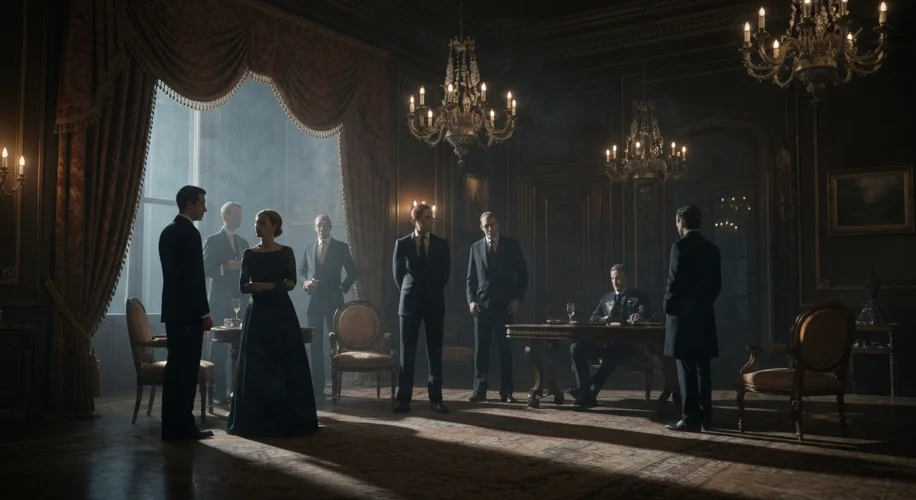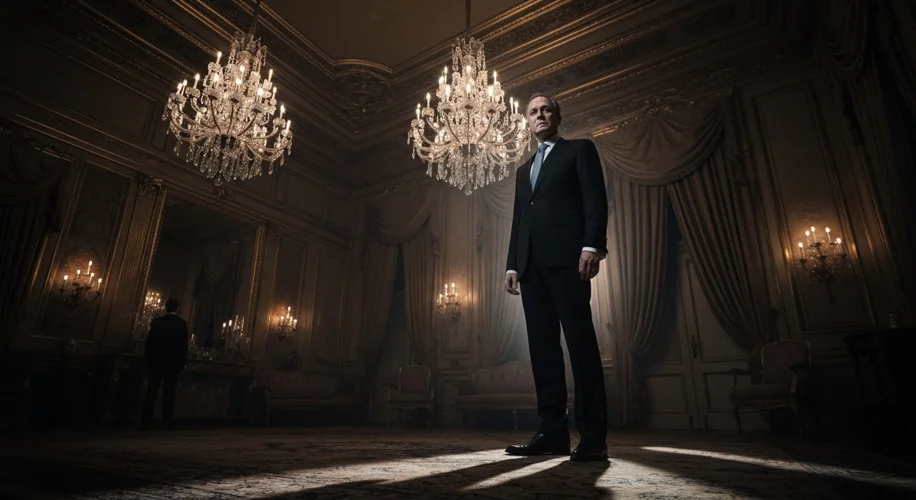The corridors of power are often shrouded in mystery, and sometimes, those shadows stretch to embrace figures who operate far from the public eye. In the intricate world of British politics, few names evoke as much recognition, and indeed controversy, as Peter Mandelson. A seasoned politician, a key player in New Labour’s rise, and a former European Commissioner, Mandelson’s career has been marked by both significant achievements and periods of intense scrutiny.
One such period of scrutiny emerged with the revelations concerning his alleged connections to the financier Jeffrey Epstein. The story of Epstein, a man whose vast wealth and connections belied a dark and deeply disturbing personal life, sent shockwaves through global elite circles. As allegations of sex trafficking and abuse against Epstein began to surface, the spotlight inevitably turned to those who had associated with him, however peripherally.
Peter Mandelson’s name entered this disquieting narrative through reports suggesting he had attended parties hosted by Epstein. The specifics of these alleged encounters, their frequency, and the nature of Mandelson’s awareness of Epstein’s alleged criminal activities became the subject of intense media speculation and political debate. For Mandelson, a figure accustomed to navigating the often-treacherous waters of public life, this association presented a significant challenge to his reputation.

The political fallout was immediate. In the United Kingdom, where public figures are held to a high standard of accountability, any perceived association with a figure like Epstein was seen as potentially damaging. Questions were raised about due diligence, about the judgment of politicians in associating with controversial individuals, and about the potential for such associations to undermine public trust.
Mandelson himself, through his representatives and public statements, sought to distance himself from Epstein’s alleged crimes, often characterizing any encounters as superficial and without knowledge of the illicit activities that later came to light. The narrative he presented was one of an unwitting participant, caught in the orbit of a wealthy host whose true nature was, at the time, concealed.
However, in the aftermath of Epstein’s arrest and the subsequent revelations about his alleged network, the pressure for transparency intensified. Investigations into Epstein’s associates and clients began to uncover a wide web of individuals from politics, business, and entertainment. For figures like Mandelson, the lingering questions were whether they had done enough to ensure they were not inadvertently lending credibility to a criminal enterprise.
The implications of such scandals extend beyond the individual politicians involved. They raise broader questions about the ethical responsibilities of public figures, the vetting processes within political parties, and the media’s role in holding power to account. The Epstein affair, in particular, highlighted the ways in which immense wealth and influence can be used to create a facade, potentially drawing in even well-intentioned individuals.
For historians and political analysts, the Mandelson-Epstein links, however tenuous they might have been presented, serve as a case study in the complex interplay between power, wealth, and reputation in the modern era. They underscore the enduring need for vigilance and integrity in public life, reminding us that even those in positions of influence can be drawn into the gravitational pull of scandal when proper judgment is compromised, or when the full truth remains hidden in the shadows.
The story serves as a stark reminder that in the intricate dance of politics and power, perceptions matter, and associations, even brief ones, can cast long and enduring shadows.

